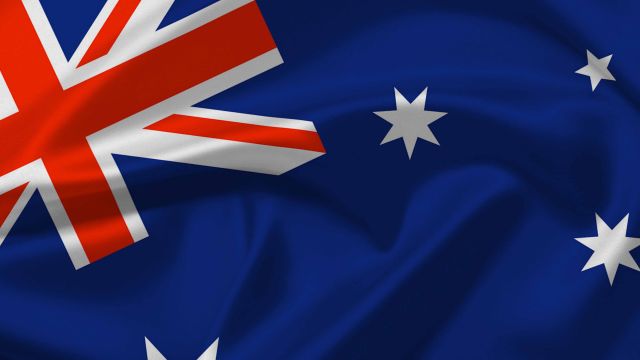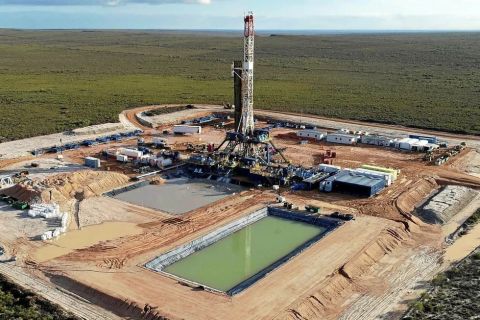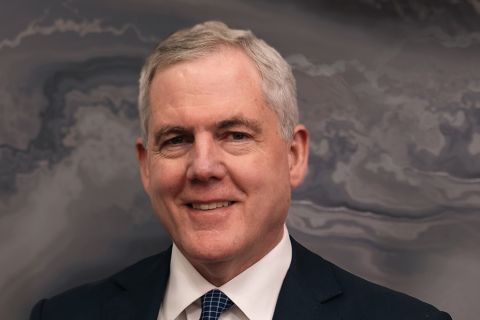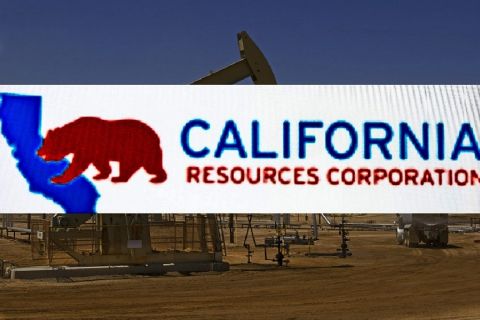
(Source: Marques/Shutterstock.com)
MELBOURNE—Australia on April 22 committed to spending $59 million to build an emergency oil stockpile, first by buying crude to store in the U.S. Strategic Petroleum Reserve to take advantage of oil prices that have slumped to 21-year lows.
Energy Minister Angus Taylor said Australia’s storage tanks are full and the country needs to increase its stockpile to meet International Energy Agency (IEA) fuel security rules, so it makes sense to use spare capacity in the U.S. government’s reserve.
With U.S. crude futures trading near $15/bbl, Australia could snap up more than 5 MMbbl of crude, helping U.S. producers hit by a collapse in demand due to the coronavirus pandemic.
“This is a unique opportunity to begin building a fuel reserve because we are seeing historically low prices,” Taylor said at a televised media conference in Canberra.
Australia is close to finalizing an agreement announced in March with President Donald Trump’s administration to lease space in the SPR, which has about 77 MMbbl of available capacity in contrast to commercial storage that is rapidly filling up.
“It definitely is a golden opportunity for any country that has to increase its strategic petroleum reserves,” said Sushant Gupta, Asia-Pacific refining research director at consultants Wood Mackenzie.
Australia’s initial lease period will be for 10 years, Taylor said.
“They’ve been looking for partner countries to work with to use those ... storages,” Taylor said of the U.S. government.
“We have been front of the queue. We were the first ones to put our hands up and say: ‘Yes, we want to start doing it,’” he said in a radio interview in Melbourne earlier on April 22.
IEA member countries are required to hold emergency oil stocks equivalent to 90 days of net oil imports. As of February, Australia held 56 days of net imports by the standard definition and 81 days’ worth including oil en route to Australia.
Taylor said commercial storage facilities in Australia are full as the nation’s four oil refiners are still pumping out products, despite having cut output amid a sharp slump in demand for gasoline, jet fuel and diesel.
Longer term, he said he was in talks with Australia’s four refiners about storing fuel within the country, rather than in the United States, to meet its IEA obligation.
“Obviously we want more of that to be local,” Taylor said.
The owners of Australia’s four oil refineries—Exxon Mobil Corp., BP Plc, Caltex Australia Ltd and Viva Energy Group Ltd—had no immediate comment on any discussions with the government.
Recommended Reading
Triangle Energy, JV Set to Drill in North Perth Basin
2024-04-18 - The Booth-1 prospect is planned to be the first well in the joint venture’s —Triangle Energy, Strike Energy and New Zealand Oil and Gas — upcoming drilling campaign.
From Tokyo Gas to Chesapeake: The Slow-burning Fuse that Lit Haynesville M&A
2024-03-01 - TG Natural Resources rides the LNG wave with Rockcliff deal amid shale consolidation boom.
NOG Closes Utica Shale, Delaware Basin Acquisitions
2024-02-05 - Northern Oil and Gas’ Utica deal marks the entry of the non-op E&P in the shale play while it’s Delaware Basin acquisition extends its footprint in the Permian.
Vital Energy Again Ups Interest in Acquired Permian Assets
2024-02-06 - Vital Energy added even more working interests in Permian Basin assets acquired from Henry Energy LP last year at a purchase price discounted versus recent deals, an analyst said.
California Resources Corp., Aera Energy to Combine in $2.1B Merger
2024-02-07 - The announced combination between California Resources and Aera Energy comes one year after Exxon and Shell closed the sale of Aera to a German asset manager for $4 billion.





